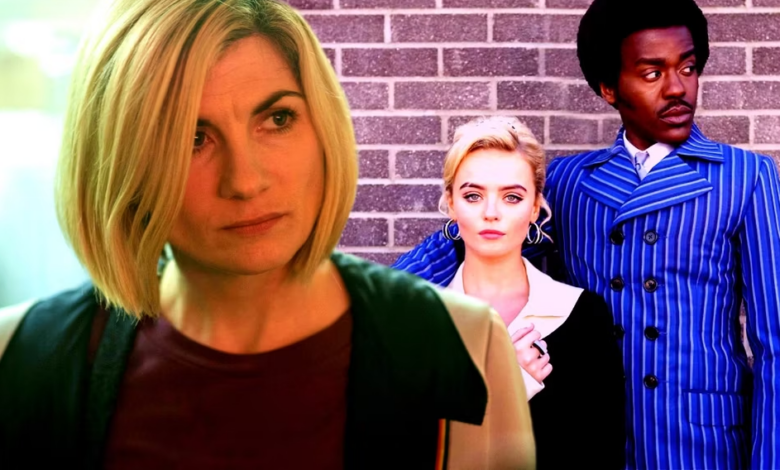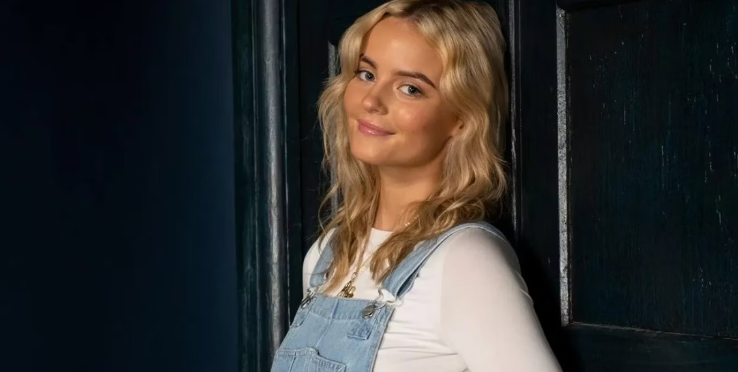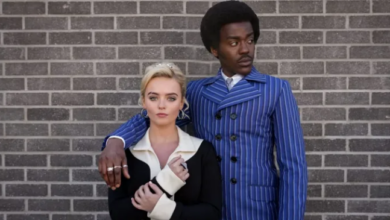Ncuti Gatwa’s Doctor Who Has Already Avoided A Companion Problem That Hurt Whittaker’s Doctor

Ncuti Gatwa’s Doctor Who is yet to make his official TARDIS debut, but season 14 is already avoiding a big companion problem from Whittaker’s Doctor.
Ncuti Gatwa’s Doctor Who tenure will begin with season 14, and while many details about the forthcoming Doctor remain unconfirmed, Gatwa’s companion is already fixing a problem that plagued Jodie Whittaker’s era. Casting the right Doctor and developing a personality that is both unique and anchored to past performances is imperative for Doctor Who success, but just as vital is nailing the dynamic between the Doctor and their companion. Doctor Who’s most popular eras tend to boast the strongest Doctor-companion relationships, whether it be Tom Baker’s Fourth Doctor and Sarah Jane Smith, David Tennant’s Tenth Doctor and Rose Tyler, or Matt Smith’s Eleventh Doctor with Amy Pond.
Doctor Who season 14’s companion has already been confirmed, with Millie Gibson’s Ruby Sunday joining Ncuti Gatwa’s Fifteenth Doctor in the TARDIS. Exactly how and when the Doctor makes Ruby’s acquaintance remains unknown at the time of writing, but Doctor Who has revealed numerous images of Gatwa and Gibson sporting curious costumes from their adventures in Doctor Who season 14. Secretly, however, Ruby Sunday is already avoiding one of the worst problems from Jodie Whittaker’s time as the Doctor.
Doctor Who Is Returning To A Single Companion – And That’s Good

Throughout the Thirteenth Doctor’s two full seasons, she traveled with a crowd of three TARDIS companions – Yaz, Ryan and Graham. This often meant at least one character found themselves shunted aside during any given episode. The sheer force of charisma that is Bradley Walsh usually ensured Graham remained visible, but by constantly being forced to balance four main protagonists, Doctor Who regularly found itself reducing either Yaz or Ryan to the “what does this button do, Doctor?” role. By reverting to the single companion setup with Ruby Sunday in season 14, Doctor Who is easing its character burden considerably.
The situation improved somewhat when Graham and Ryan made way for John Bishop’s Dan, but as demonstrated by Dan’s rushed exit in Doctor Who’s 2023 New Year’s special, even two companions proved cumbersome. Broadly speaking, the fewer companions the Doctor travels with, the more personal their relationship to the Doctor becomes, and the more depth a companion can show. Invariably, every Doctor Who episode will introduce important one-off or recurring characters too, with Vinder and Rosa Parks two notable examples from Jodie Whittaker’s era. Keeping the TARDIS numbers down allows more room for these side characters to shine, meaning every script benefits from the Doctor having one companion instead of three.
Doctor Who Companion Groups Don’t Work In The Modern Era

Chris Chibnall did not bring the three-companion format to Doctor Who – indeed, the four-in-a-box arrangement traces back to the show’s 1960s origins. The First Doctor initially traveled with Susan, Ian and Barbara, while the Fifth Doctor was later accompanied by various combinations of Tegan, Nyssa, Adric and Turlough. Both eras flourished, despite the glut of companions queuing for the TARDIS bathroom. There is, however, an important distinction between the classic and modern eras of Doctor Who. In very general terms, classic Doctor Who companions were more two-dimensional, fulfilling a narrative function and usually receiving limited character development.
Catering for a modern audience in an era where television has become more nuanced and prestigious, current Doctor Who companions must have more layers, more emotional depth, and more character growth compared to what was demanded of them in decades gone by. Watching Deborah Watling scream and run away is no longer enough. The Doctor’s friends need properly-defined motivations, desires, and personalities that take time to develop, and this is difficult to achieve with multiple permanent companions tagging along.
Steven Moffat’s era succeeded in making secondary companions work – the likes of Rory Pond and Nardole – but never at the expense of the main companion. This tiered approach is completely different to Jodie Whittaker roaming time and space with three companions of equal importance. Doctor Who season 14 may ultimately find a similar balance for Ncuti Gatwa, but debuting Ruby Sunday as the sole primary companion is a promising sign for her dynamic with the Time Lord’s latest incarnation.



